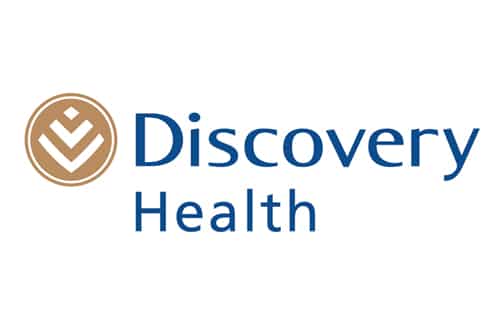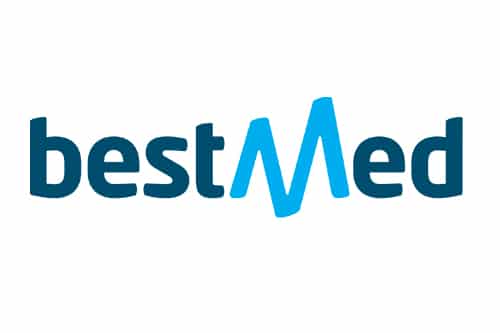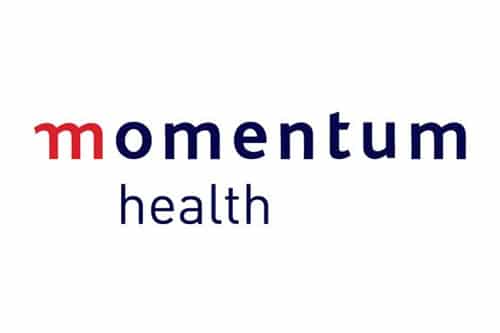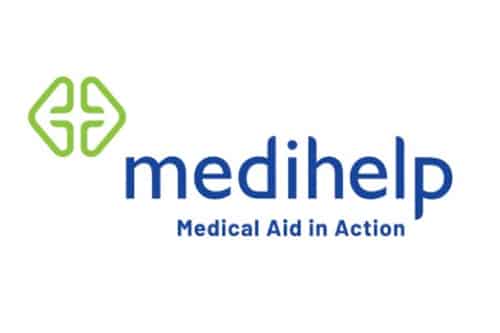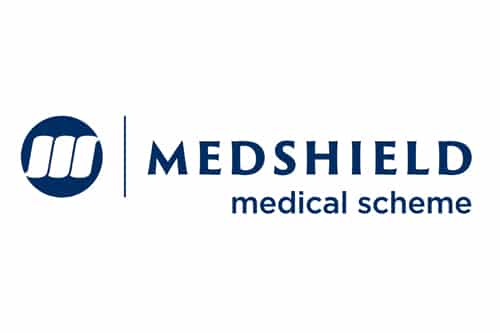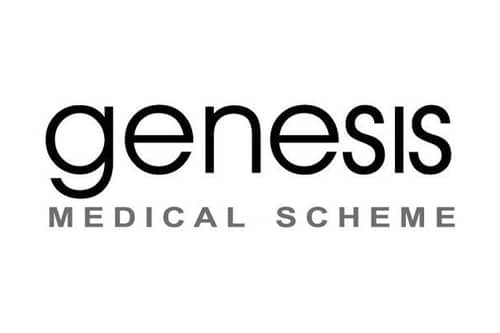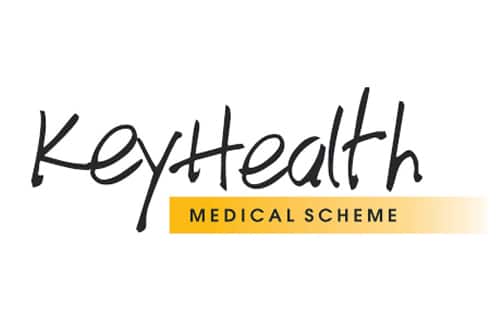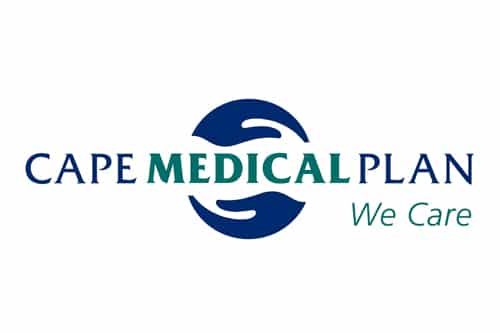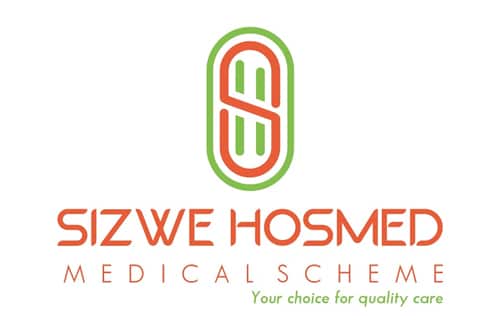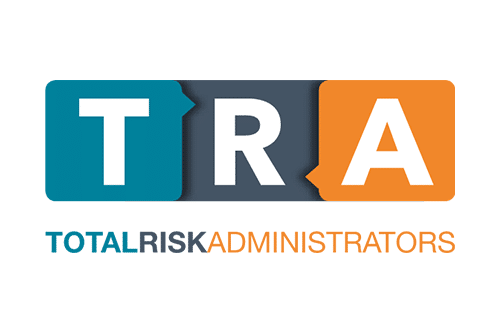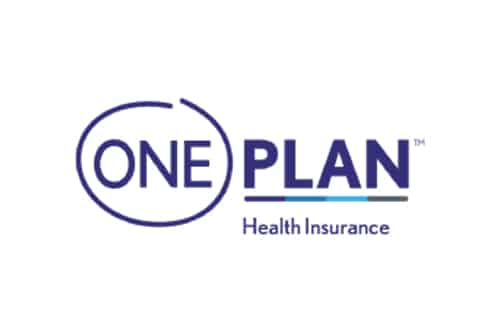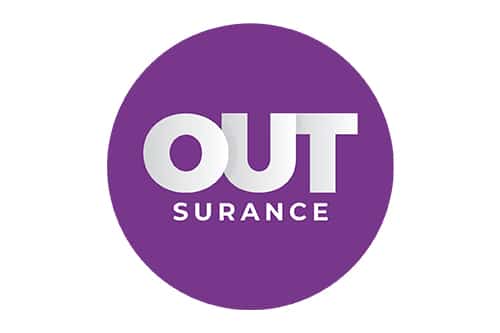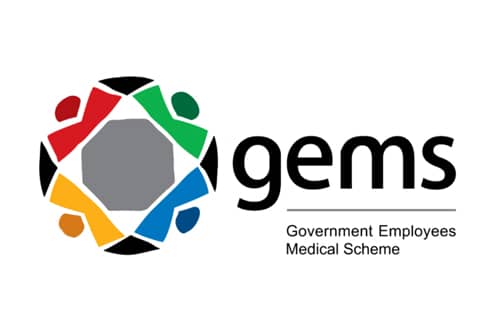
What is Preventative Care?
What is preventative care South Africa revealed.
We verified preventive care in South Africa.
This is a complete guide to preventative care in South Africa.
In this in-depth guide you’ll learn:
- What is Preventative Care?
- Is preventative care affordable when you have medical aid?
- Can you get preventative care when you don’t have medical aid?
- Why should you preventative care?
- What are the benefits of preventative care?
So if you’re ready to go “all in” with the preventative care in South Africa, this guide is for you.
Let’s dive right in…
Overview

👉 Preventive care aids in the detection and prevention of dangerous diseases and medical problems before they become big issues. Preventive care includes annual check-ups, immunisations, and flu injections, as well as some tests and screenings. This is also known as routine care.
👉 In this article, we take a closer look at preventative care and learn more about preventative care cover.
Understanding preventative care

👉 Preventive health care is what you do to stay healthy (before you get sick). So, why should you go to the doctor if you’re in good health? The short answer is that preventative treatment can help you stay healthier and so minimise your healthcare costs.
👉 Immunisations, for example, are considered preventive care. This is due to the fact that immunisations protect you and the people around you from diseases such as tetanus, measles, chicken pox, seasonal flu, and COVID-19.
👉 However, preventative treatment can also aid in the early detection of health issues such as high blood pressure, diabetes, and some malignancies. Of course, addressing health issues early helps you get or stay on track and lowers your risk of acquiring other health issues.
READ more about GAP cover insurance
A closer look at preventative care

👉 Preventative healthcare includes a variety of tests that screen for illnesses and ailments, such as blood glucose testing for diabetes and pap smears and mammograms for cervical and breast cancer screening, as well as prostate checks and bowel cancer screening.
👉 Wellness providers, such as pharmacy clinics, will do basic glucose, cholesterol, and HIV screenings, whereas private doctors or hospitals will often undertake mammograms, pregnancy ultrasounds, or prostate exams.
Mammograms
👉 Breast cancer screening is the process of examining a woman’s breasts for cancer before she exhibits any signs or symptoms of the disease. All women should be informed about the appropriate screening options for them by their healthcare practitioner.
👉 Informed and shared decision-making occurs when you are informed about the advantages and risks of screening and decide with your healthcare provider whether screening is suitable for you—and, if so, when to undergo it.
👉 Although breast cancer screening cannot prevent it, it can help detect it early, when it is simpler to cure.
👉 A mammogram is a type of breast X-ray. Mammograms are the best technique for many women to detect breast cancer early, when it is easier to treat and before it is large enough to feel or cause symptoms. Regular mammograms can help reduce the risk of dying from breast cancer.
👉 For most women of screening age, a mammography is the best technique to detect breast cancer at this time.
Pap smears
The Pap test can help prevent or detect cervical cancer. The 👉 Pap test (or Pap smear) checks for precancers, which are cell abnormalities on the cervix that might progress to cervical cancer if not treated properly.
👉 Cervical precancer occurs when there are aberrant cervical cells that are not yet malignant. These aberrant cells could be the first sign of cancer years later.
👉 Cervical precancer does not usually produce discomfort or other symptoms. A pelvic check or a Pap test can detect it. At the age of 21, you should begin obtaining Pap tests. If your Pap test results are normal, your doctor may advise you to wait three years until your next Pap test.
👉 Your test results could take up to three weeks to arrive. If your test results indicate that something is not normal, your doctor will call you and determine the best way to proceed. There are numerous reasons why test results may be abnormal. It may not always imply that you have cancer.
👉 If your test results show abnormal cells that could develop into cancer, your doctor will tell you if you need to be treated. In most cases, therapy prevents the development of cervical cancer. It is critical to contact your doctor as soon as possible to learn more about your test findings and to receive any necessary treatment.
👉 If your test findings are normal, you have a very low probability of developing cervical cancer in the next several years. Your doctor may advise you to wait several years before having another cervical cancer screening test. However, you should still visit the doctor on a regular basis for a check-up.
Child care
👉 After the first year of life, children should see their doctor for preventive health care visits at 12, 15, 18, 24, and 30 months of age, and then every year until they reach the age of ten. Visits can be made more frequently based on the doctor’s advice or the needs of the family.
👉 Several measurements are obtained at each appointment, screening procedures are performed, and immunisations are administered according to the schedule. Height and weight are measured, as well as head circumference, until the child is 36 months old. Good growth is one sign that the child is in good health.
👉 The doctor also keeps track of how the youngster has developed since the prior visit.
👉 Learn more about the best medical insurance for children
Prostate check
👉 Cancer screening is the process of detecting cancer before it creates symptoms. The purpose of prostate cancer screening is to detect tumours that are likely to spread if not treated, and to detect them early before they spread.
👉 A prostate-specific antigen (PSA) blood test determines the level of PSA in the blood. PSA is a hormone produced by the prostate. PSA levels in the blood may be higher in males with prostate cancer. PSA levels may also be raised in other prostate-related disorders.
👉 The greater the PSA level in the blood, the more likely a prostate disease exists. However, several factors, including age and race, can influence PSA levels. PSA production varies per prostate gland.
The purpose of preventative care

👉 Preventive health care has the potential to save your life.
👉 Check-ups, patient counselling, and screening are among the services provided to assist avoid illness, disease, and other hidden health issues. One of the advantages of preventative health care is the goal of keeping healthy people healthy.
👉 Early detection of health-related issues leads to a better probability of recovery.
👉 Unless you’re unwell, you might not think twice about going to the doctor. While this is typical practise, yearly check-ups should be considered. These preventive steps will assist you in living a healthier lifestyle.
👉 Here are some advantages of preventive health care and why it is critical to maintaining good health.
Increased lifespan
👉 The advantages of preventive health care begin with life extension. You will be better prepared if you are more proactive.
👉 Make certain that vital screening tests are scheduled. These age-appropriate exams will provide you with an accurate picture of your health every step of the way. This is one of the most effective ways to avoid diseases such as cancer, diabetes, and mental illness.
Reduced costs over time
👉 You can save money by getting preventive health care. It accomplishes this in two ways.
👉 By detecting diseases early, it will reduce the long-term cost of illness management. If you put off resolving a health problem, your medical expenditures will increase.
👉 The second method preventative health care saves you money is through insurance coverage. Because of the Affordable Care Act (ACA), most insurance companies will cover your preventative care.
👉 There are no deductibles, co-pays, coinsurance, or any out-of-pocket costs.
Access to doctor recommendations
👉 When you make your appointment, a doctor will go through all of your potential health risks with you.
👉 These doctor recommendations are an invaluable resource and one of the many advantages of preventative care. This includes much of what we’ve already discussed, but there’s more to the puzzle.
👉 Doctors might ask pertinent questions such as family history of the disease. This could be a warning sign of something you should look into.
👉 Doctor advice can assist people with chronic diseases cope with changes in their health. The goal is to reduce symptoms and improve your life.
LEARN more about Health Insurance in South Africa
Understanding preventative care benefits in terms of medical aid

👉 Begin by learning whatever benefits you are eligible for and where you may go to claim them. Most Medical Aids prefer that you choose wellness providers that are part of their network because it makes claiming the benefit easier.
👉 The more serious the disease, the more important it is to detect the warning signals sooner rather than later.
👉 Preventative healthcare includes a variety of tests that screen for illnesses and ailments, such as blood glucose testing for diabetes and pap smears and mammograms for cervical and breast cancer screening, as well as prostate checks and bowel cancer screening.
👉 Wellness providers, such as pharmacy clinics, will do basic glucose, cholesterol, and HIV screenings, whereas private doctors or hospitals will often undertake mammograms, pregnancy ultrasounds, or prostate exams.
👉 Depending on your medical insurance, certain benefits can only be claimed at specific times.
👉 For example, with Discovery, a mammography can only be done every two years, and a pap smear once every three years. If you’re between the ages of 45 and 75, you should have a prostate test every year, and a colon cancer screening every two years.
Using preventative care benefits
👉 Preventative care benefits vary from one medical scheme to the next, so keep this in mind when selecting a medical aid plan.
👉 On their website or brochure, most Medical Aids will list their preventative healthcare benefits. Depending on your life stage and overall health, it’s a good idea to assess what Medical Aids have to offer and which preventative care benefits most interest you.
👉 For example, you might wish to know which Medical Aid programmes provide free screening to members 65 and older. This coverage may include hearing and vision tests, as well as a fall risk assessment, if you use the doctor and drugstore network advised by your plan.
👉 Comparing Medical Aids to get the best alternative for you is the first step in taking a proactive approach to your medical coverage. If you’ve already done that and are satisfied with your coverage, it’s time to put it to use, beginning with your Preventative Care Benefits.
👉 Regardless of which Medical Aid company you eventually choose, it is critical that you take a proactive approach to your health and identify potential medical risks sooner rather than later.
An example of preventative care benefits: Discovery Health

👉 This benefit covers specific tests that can discover early warning symptoms of serious illnesses. At Discovery’s wellness providers, the scheme covers a variety of screening tests, such as blood glucose, cholesterol, HIV, Pap smear or HPV test for cervical screening, mammograms and/or ultrasounds, and prostate screenings.
👉 These tests are paid from the Screening and Prevention Benefit. Consultations that do not form part of Prescribed Minimum Benefits (PMBs) will be paid from your available day-to-day benefits, where applicable.
Screening for children
👉 This benefit includes growth assessment testing at any of Discovery’s wellness providers, including height, weight, head circumference, and health and milestone monitoring.
Screening for adults
👉 This benefit covers various tests at one of our wellness providers, such as blood glucose, blood pressure, cholesterol, body mass index, and HIV screenings.
👉 It also covers:
➡️ A mammogram every two years
➡️ A Pap smear once every three years or a HPV test once every five years
➡️ A PSA test (prostate screening) each year
➡️ A bowel cancer screening tests every two years (for members between 45 and 75 years old)
Screening for seniors
👉 Members 65 and older get coverage for a range of age-appropriate screening tests at a GP in the Premier Plus network or in Discovery’s designated pharmacy network, in addition to adult screening.
👉 Coverage includes hearing and vision tests, as well as a fall risk assessment. Depending on your screening test results and if you meet the Scheme’s clinical admission criteria, you may be eligible for an additional GP falls risk assessment when referred by a Premier Plus GP.
You might like to learn more about the Best Medical Aid for Seniors / People over 65 years old
Frequently Asked Questions
What is the screening and prevention benefit from Discovery?
On all Discovery Health Medical Scheme plans, the Screening and Prevention Benefit covers screening tests, a seasonal flu vaccination (during pregnancy, for members registered for certain chronic conditions, registered healthcare professionals, and members over the age of 65), and a pneumococcal vaccine.
What is preventative screening?
Preventive Care refers to health care services such as tests and screenings that are performed to assess your health condition and keep you healthy. Cancer screenings, diet and obesity counselling, testing for sexually transmitted infections, and birth control are all examples of preventive care.
What are the benefits of screening?
Screening can help to lower the likelihood of developing a disorder or its complications. Some deaths caused by abdominal aortic aneurysms, bowel cancer, breast cancer, and cervical cancer are avoidable.
What are the types of screening?
Common types of preventative screening include:
- Mammograms
- Pap smears
- Child care
- Prostate check
What diseases can be screened for?
Some common conditions include:
- Breast cancer and cervical cancer in women.
- Colorectal cancer.
- High blood pressure.
- High cholesterol.
- Overweight and obesity.
- Prostate cancer in men.
How do you screen a patient?
In its most basic form, it entails inquiring about the symptoms of a patient before to seeing them in a clinical environment.
This can be accomplished by interviewing the patient in person or over the phone, or by having them complete a form. When done correctly, patient screening has the potential to lower hospital readmission rates.
What are the methods for health screening?
Blood tests, urinalysis, fecalysis, x-rays, and blood pressure testing are all part of the health screening process. If the doctor suspects that a disease has occurred, additional tests will be performed to confirm the diagnosis.
Why is early detection of diseases important?
The highest chance of cure is with early detection. You’ve waited too long if you are looking for signs. Knowledge is power, and the sooner you obtain it, the better.
What is medical aid risk benefit?
Risk benefits are covered by the scheme from the common risk pool where cross-subsidization occurs (younger and healthier members subsidize older and sickly members). Risk pool benefits include PMBs and in- and out-of-hospital benefits. Unlike with the PMSAs, unused funds are not carried over to the next year.

